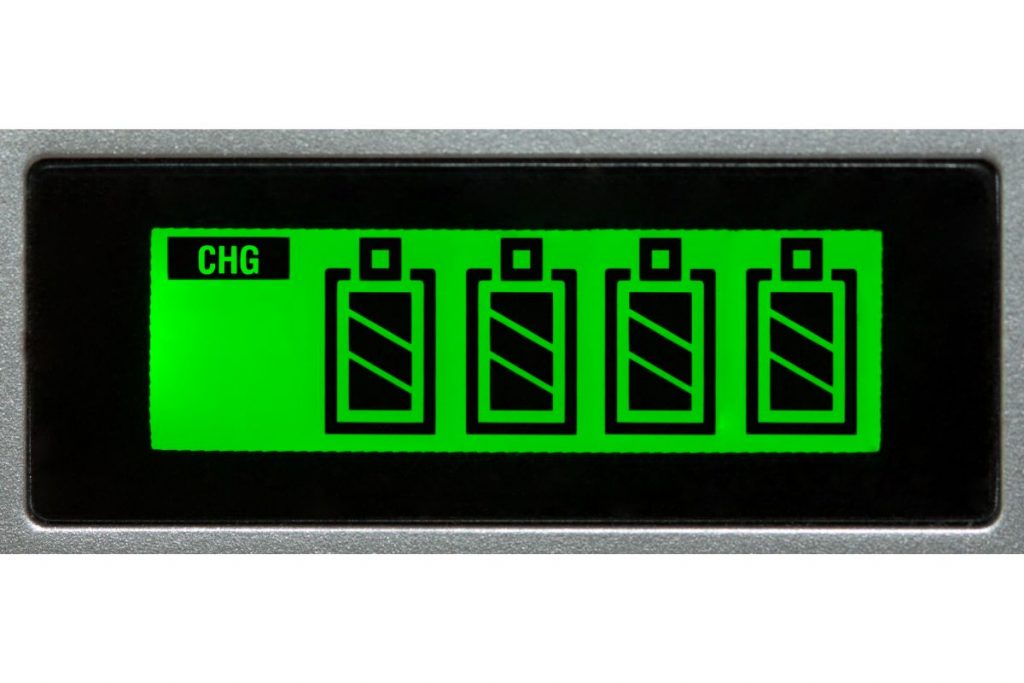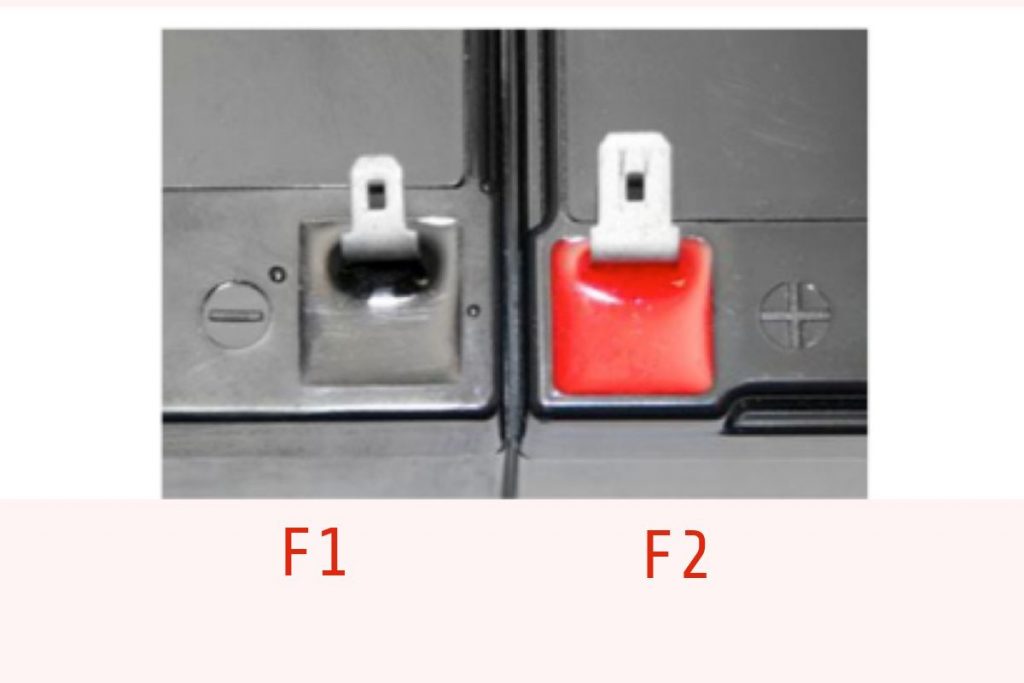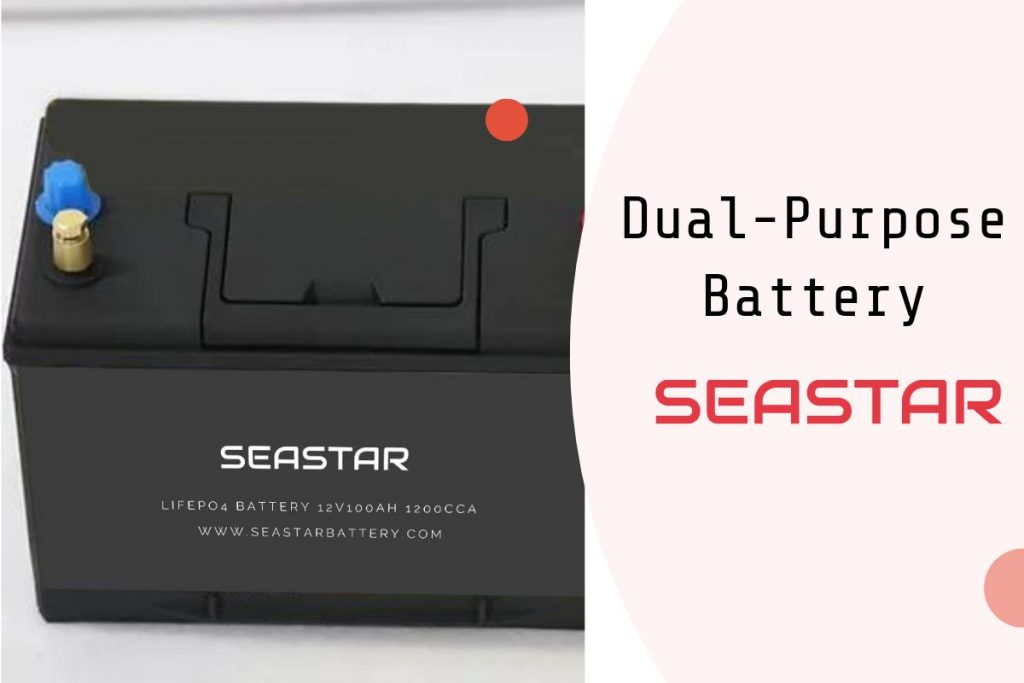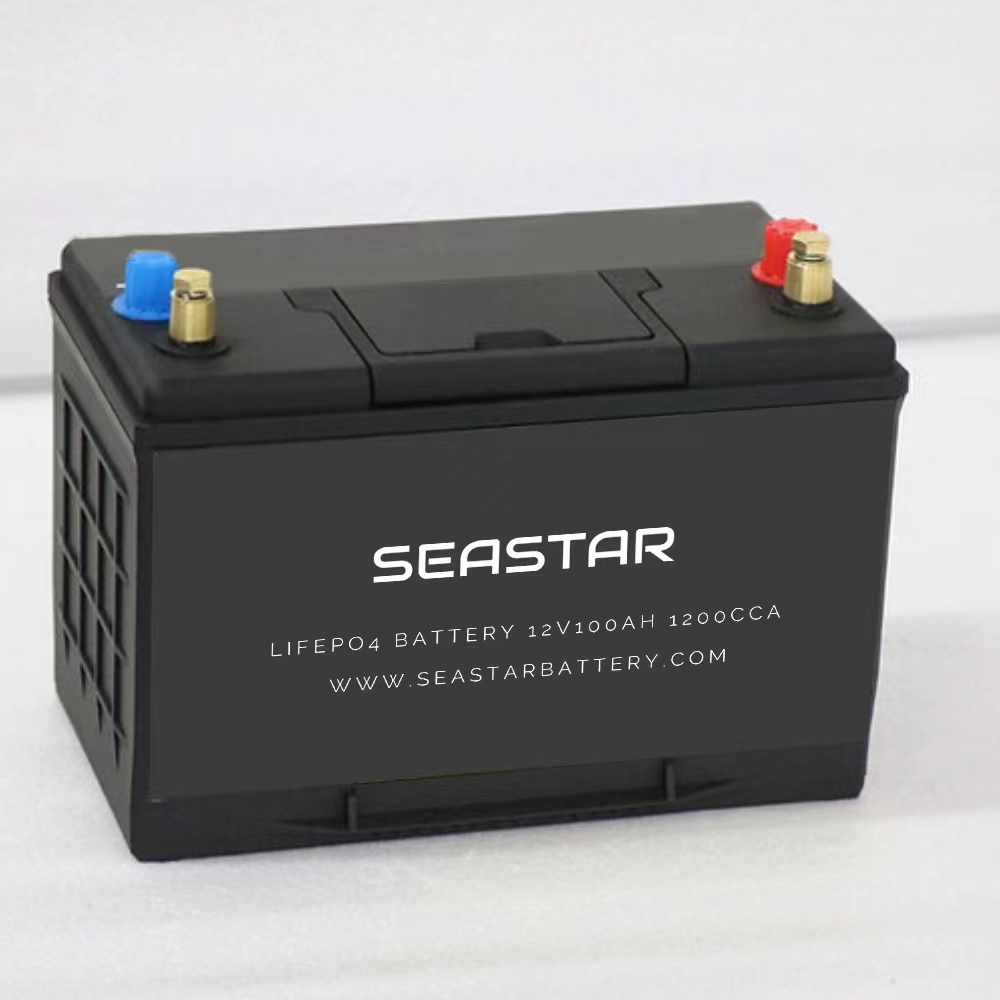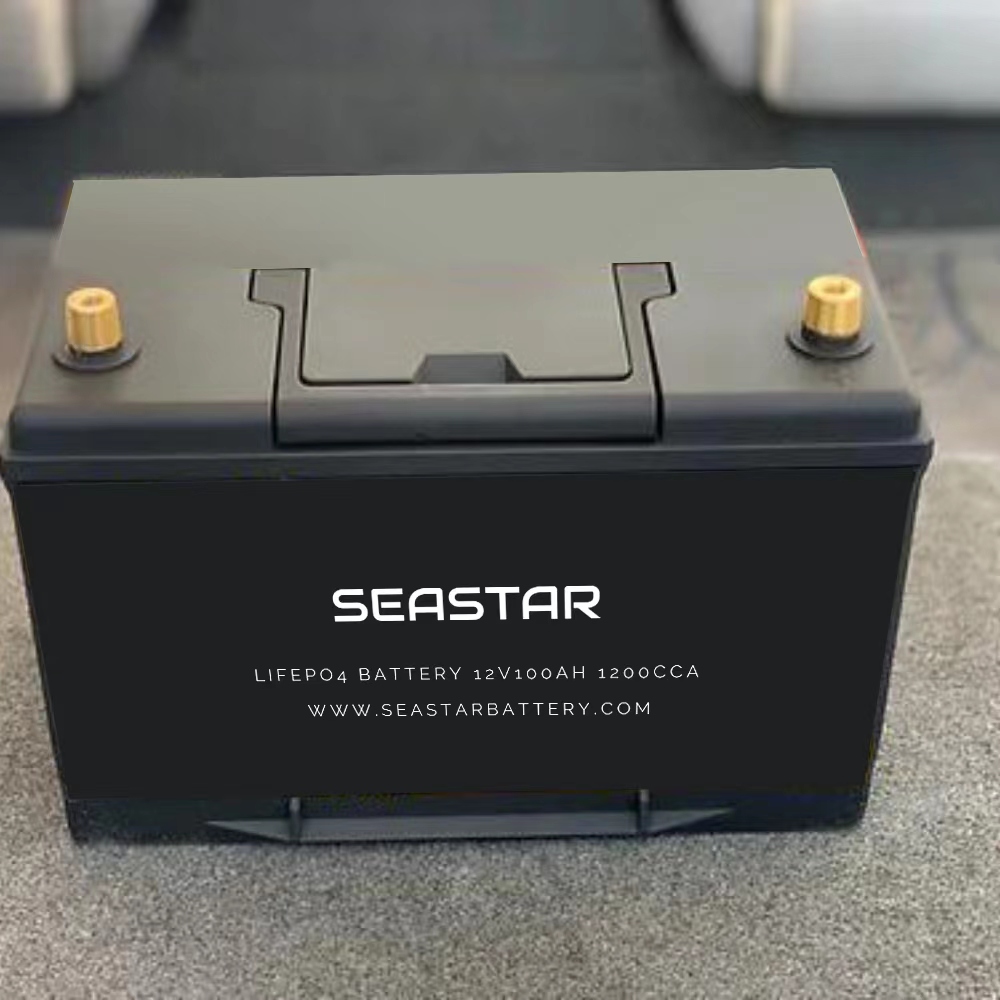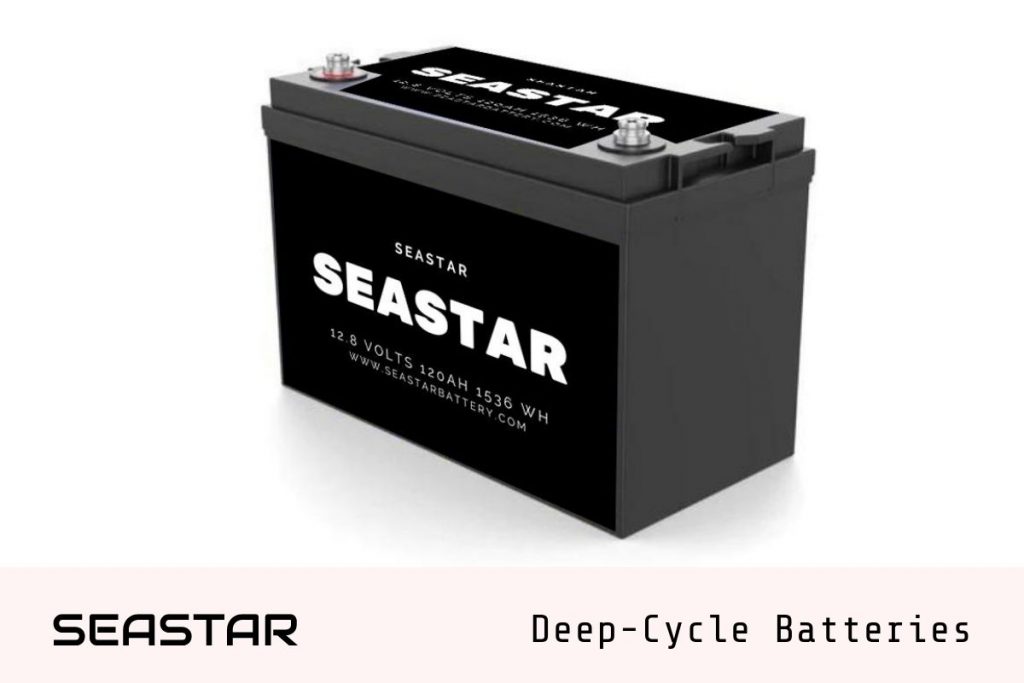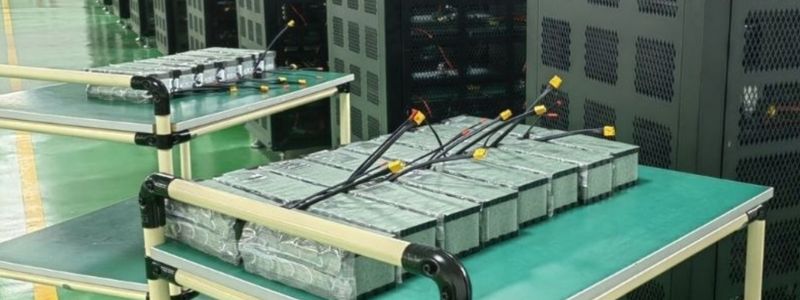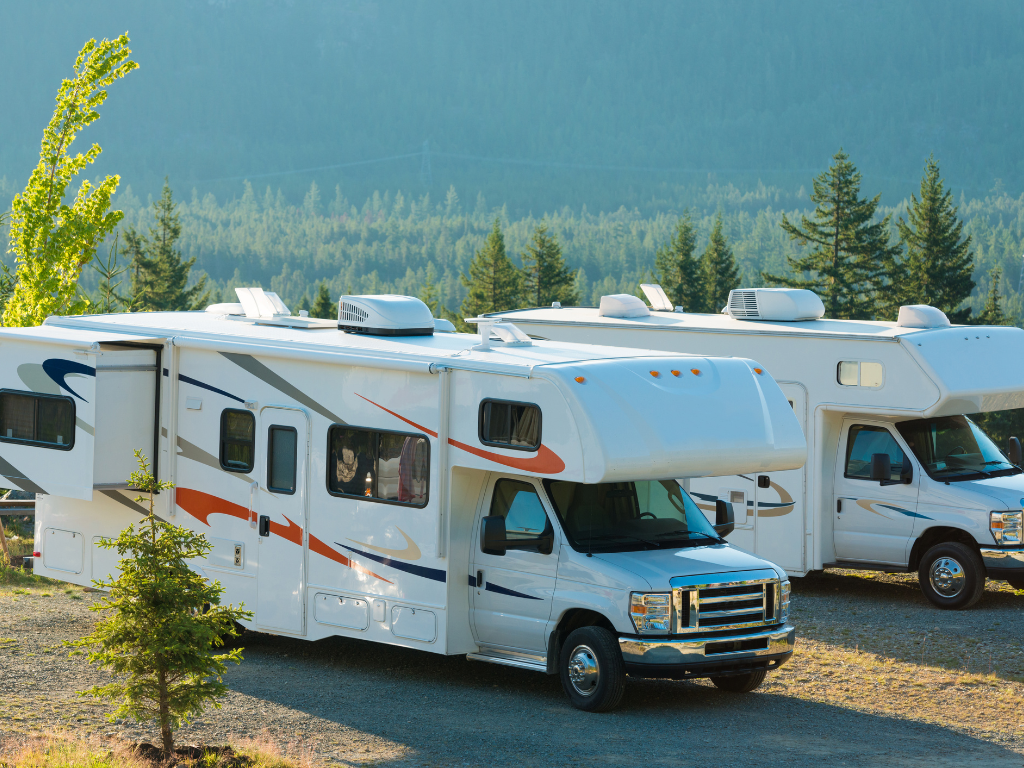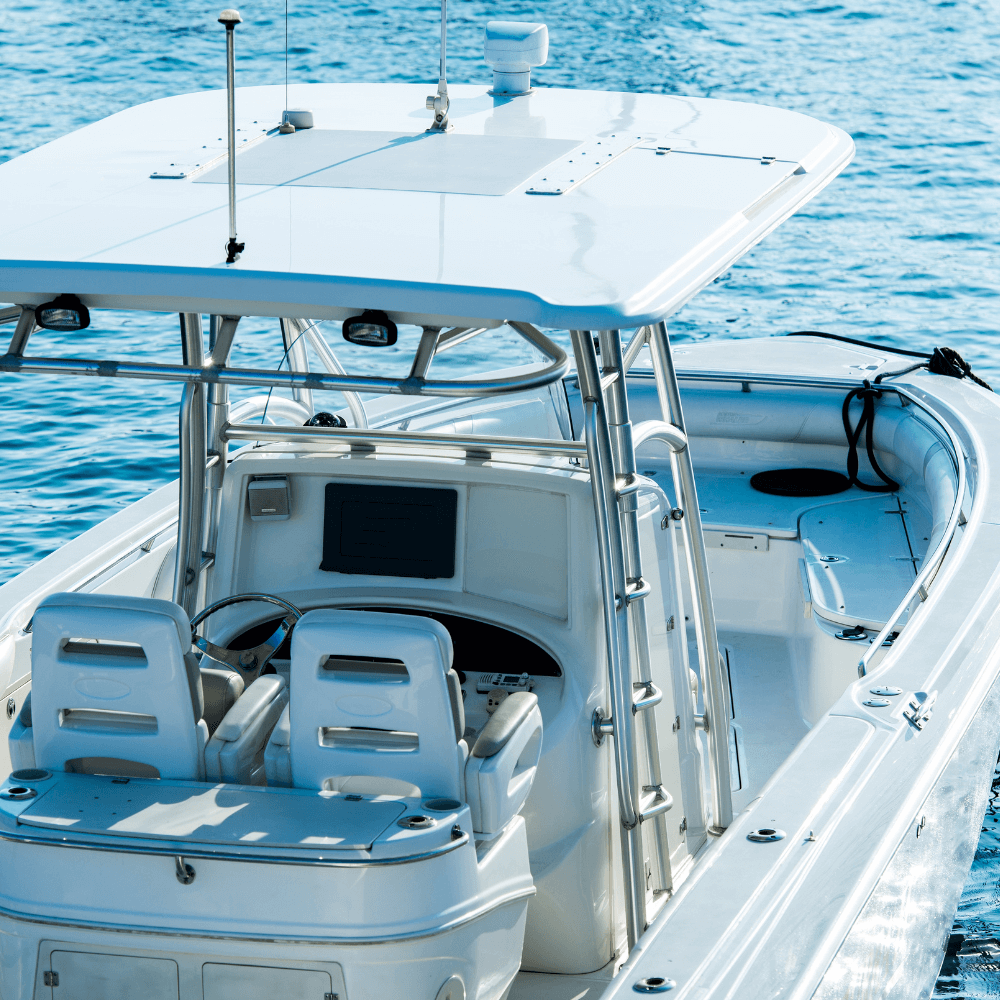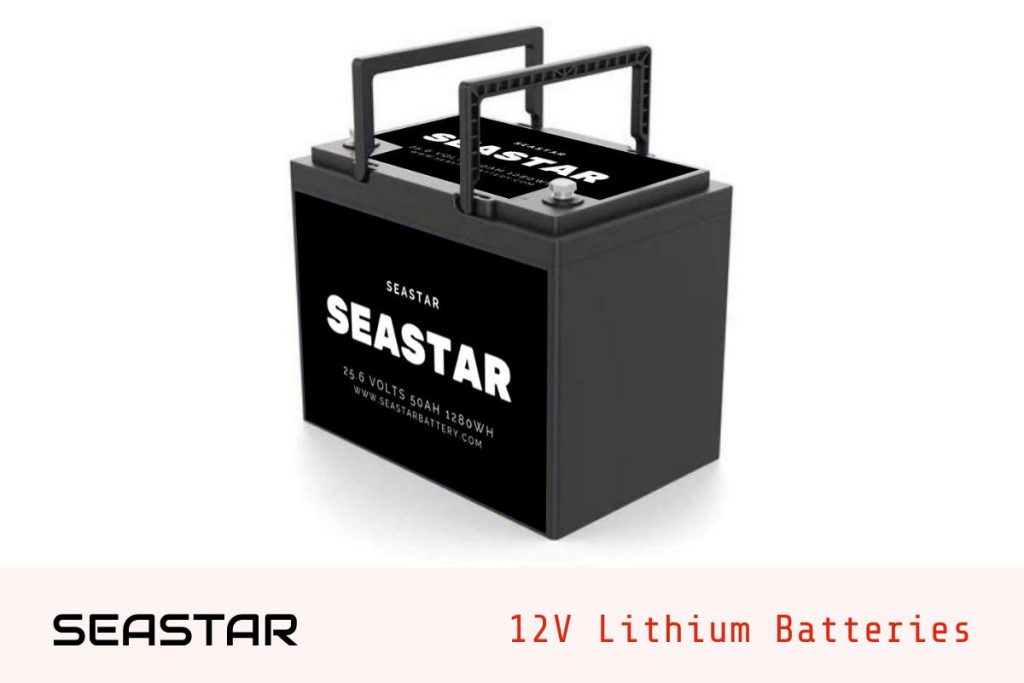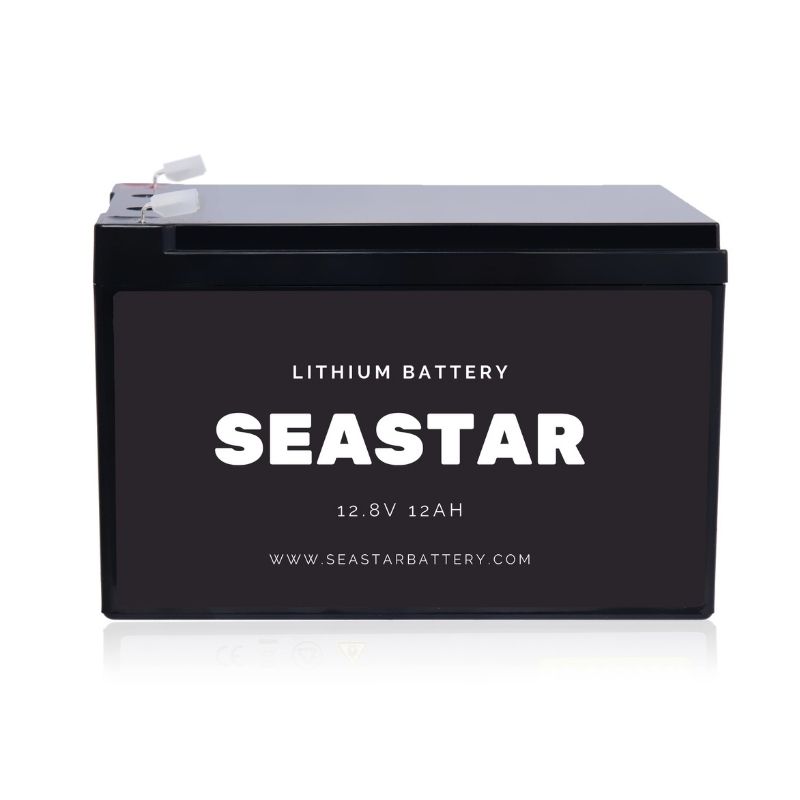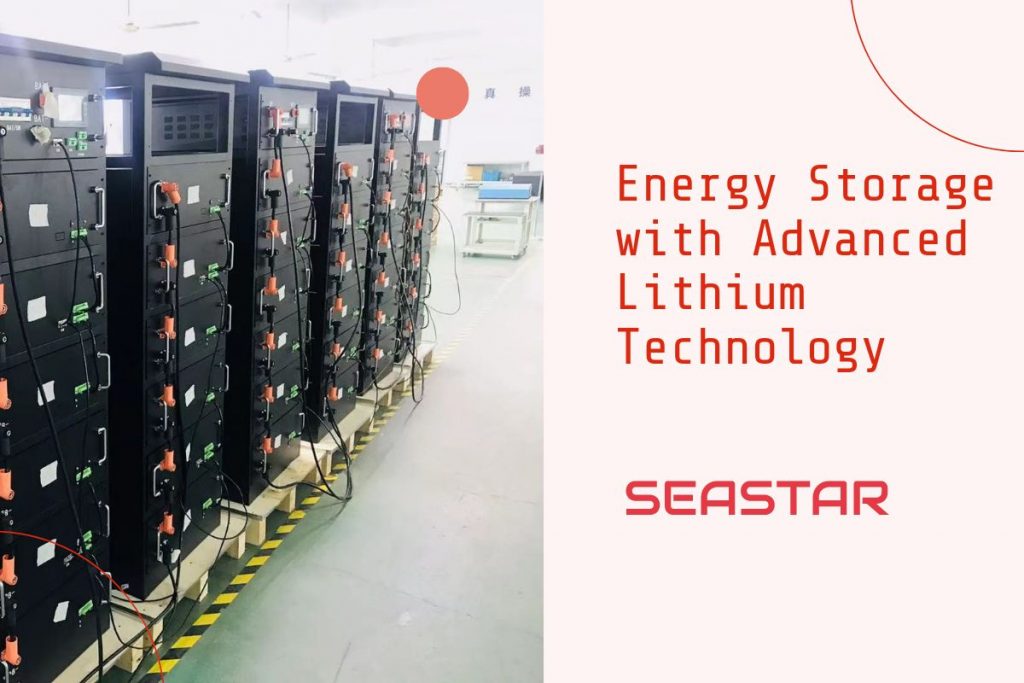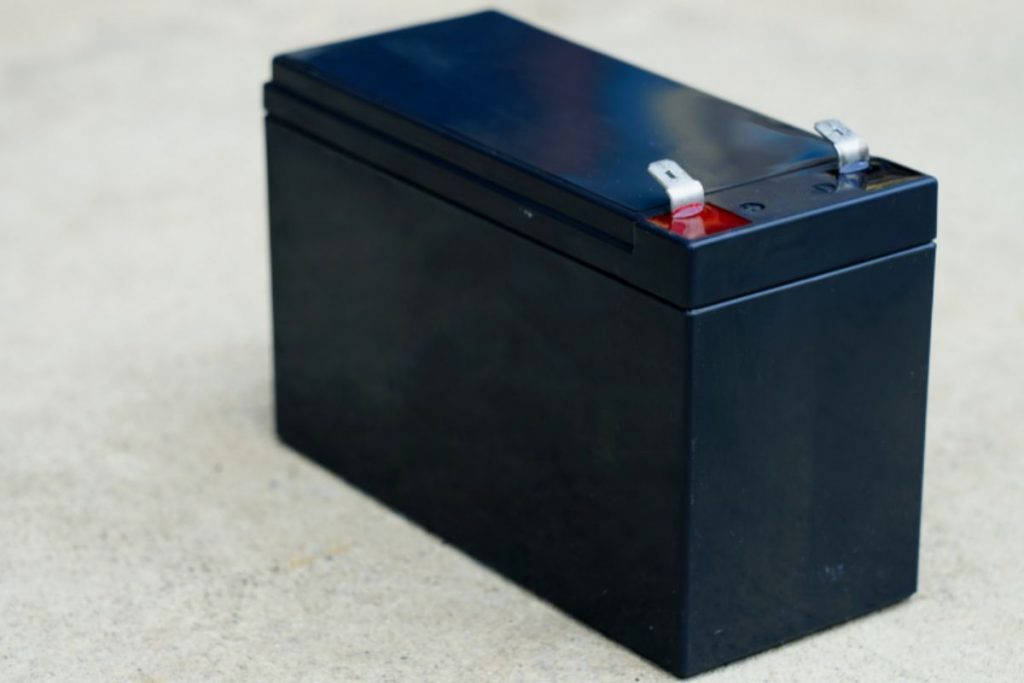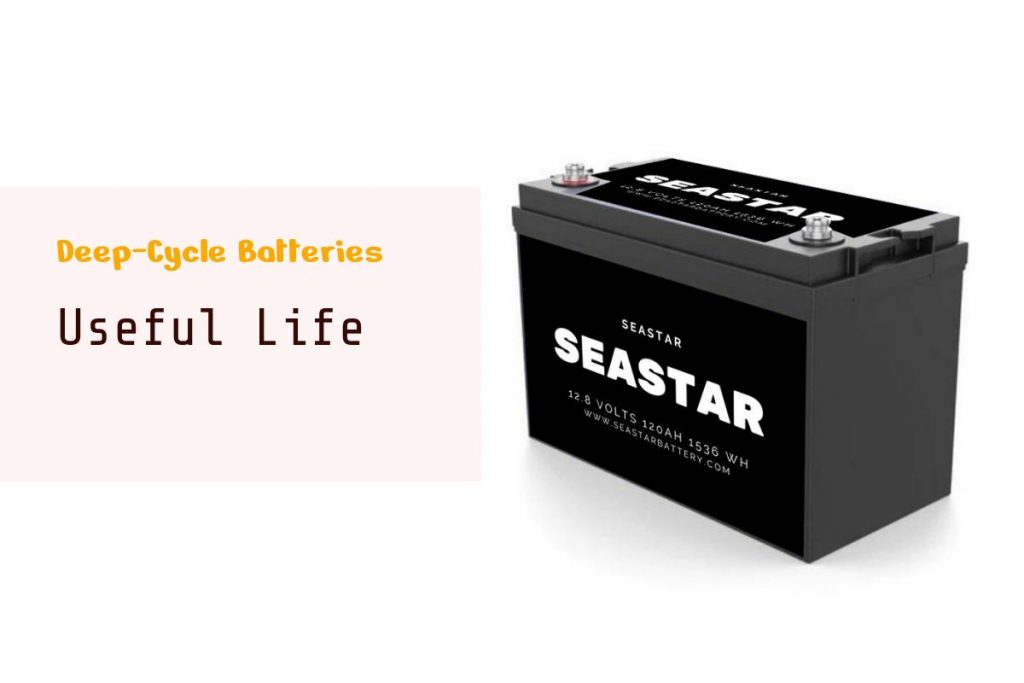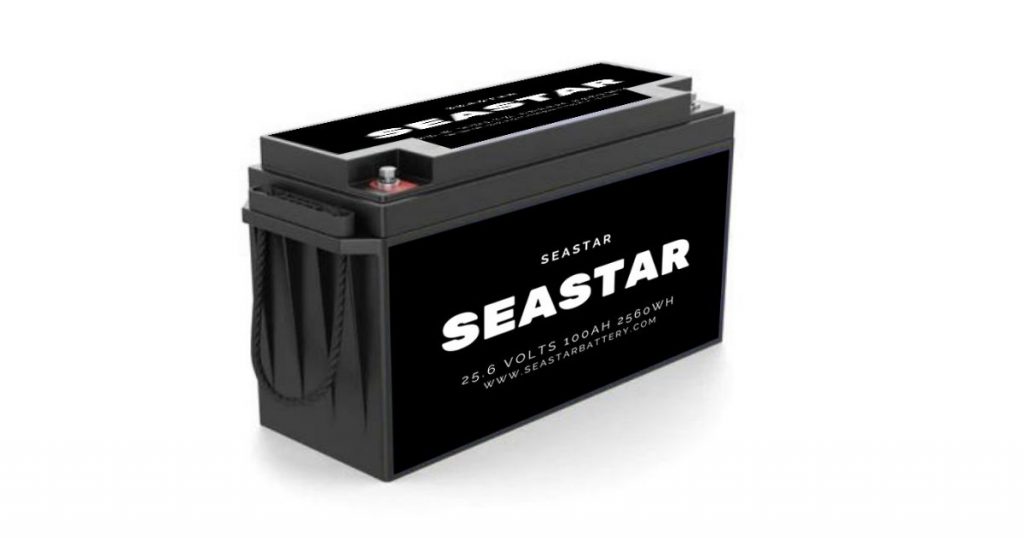Optimizing Performance: Understanding LiFePO4 Battery Charging and Discharging Parameters for Global Buyers
Seastar Battery, a lithium battery manufacturing company based in Shenzhen, China, aims to provide a comprehensive understanding of LiFePO4 batteries by combining the following key terms: LiFePO4 state of charge chart, LiFePO4 charge chart, LiFePO4 battery chart, LiFePO4 voltage chart, 12V LiFePO4 voltage chart, LiFePO4 discharge voltage, LiFePO4 voltage capacity chart, LiFePO4 float voltage, LiFePO4 battery charge voltage, and LiFePO4 charge voltage. The guide is tailored for international buyers and importers.
Table of Contents
LiFePO4 batteries are renowned for being one of the safest battery types globally, as they eliminate the safety risks associated with high-temperature runaway during abnormal battery conditions. This article serves as a concise guide on how to handle LiFePO4 batteries effectively.
One remarkable quality of LiFePO4 batteries is their energy density ratio. Compared to typical lead-acid batteries, which have an energy density ratio of approximately 40Wh/kg of lead, Seastar LiFePO4 cells provide over 150Wh/kg of lithium. As a result, higher-capacity LiFePO4 batteries are considerably lighter than their lead-acid counterparts. Leveraging the high energy density of lithium, manufacturers can further reduce cell sizes to cater to various lightweight applications.
Charging Information
Using the Seastar 12V 100Ah LiFePO4 battery as an example, it is generally recommended to use a battery charger specifically designed for lithium iron phosphate (LiFePO4) batteries. To achieve a full charge, the DC charging voltage should be set between 14.2V and 14.6V, with a charging current below 100A.
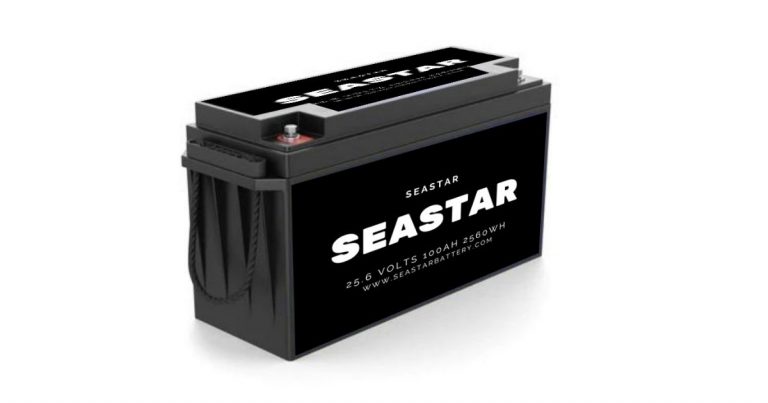
Here is a list of voltage levels that a LiFePO4 battery will reach different charging stages (based on a 12V 100Ah LiFePO4 battery):
LiFePO4 Cell Voltages
| Nominal cell voltage: | 12.8V |
| Peak cell voltage: | 14.6V |
| Over-charge voltage: | 15V |
| Discharge voltage: | 8.8V |
Charging a LiFePO4 battery involves two steps to raise the state of charge (SOC) level to 100%. The first step is constant current charging, where a constant current is applied to the LiFePO4 battery. The voltage level gradually increases until it reaches 14.6V. Until this stage, the charger maintains a constant current during the charging process. However, once the voltage reaches 14.6V, the charger locks in on this voltage and maintains it steadily. At this stage, the SOC level of the battery is approximately 90%. Subsequently, the charger outputs a decreasing current into the battery while keeping the voltage constant at 14.6V. When the SOC level reaches 100%, the charger automatically disconnects and ceases to charge the battery.
Full Battery Protection
Occasional over-discharge can occur in lithium batteries. The minimum voltage at which a LiFePO4 battery can be discharged is 8.8V. Seastar Time LiFePO4 batteries are equipped with a built-in Battery Management System (BMS) that provides protection against overcharge, over-discharge, overcurrent, and short circuits, ensuring an excellent self-discharge rate. Without BMS protection, discharging the battery even slightly below this voltage renders the entire battery unusable, with no possibility of recovery. Discharging the battery below 8.8V would result in permanent damage.
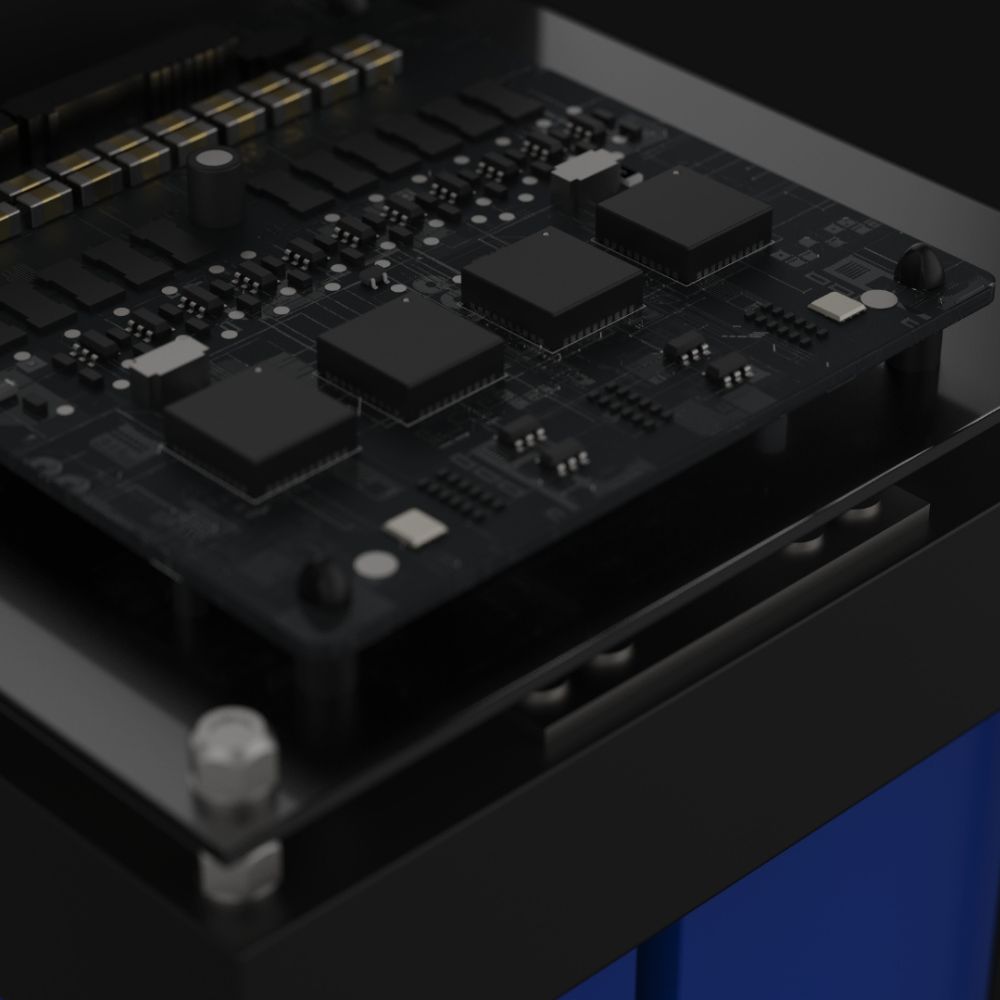
Therefore, it is crucial to discontinue using the battery before it reaches this threshold. This necessitates connecting a BMS board in series with the battery’s internal circuitry to safeguard against over-discharge.
Effects of Temperature
The temperature has a significant impact on battery performance. Lower temperatures result in reduced available capacity, and LiFePO4 batteries cannot be charged below 0 degrees Celsius.
Long-term Storage
Temperature: LiFePO4 batteries can be operated within a temperature range of -20°C to 60°C, with an ideal storage temperature between 10°C to 35°C. It is advisable to store the batteries in fireproof containers and keep them out of reach of children.
Capacity: For extended battery life, it is recommended to store the battery at a 50% charge level and recharge it every three months if it will not be used for an extended period.
These key points provide essential information for international buyers and importers when using LiFePO4 batteries. As mentioned earlier, LiFePO4 batteries offer numerous advantages over lead-acid batteries. However, it is essential to provide a suitable operating environment for LiFePO4 batteries to fully benefit from their advantages.
